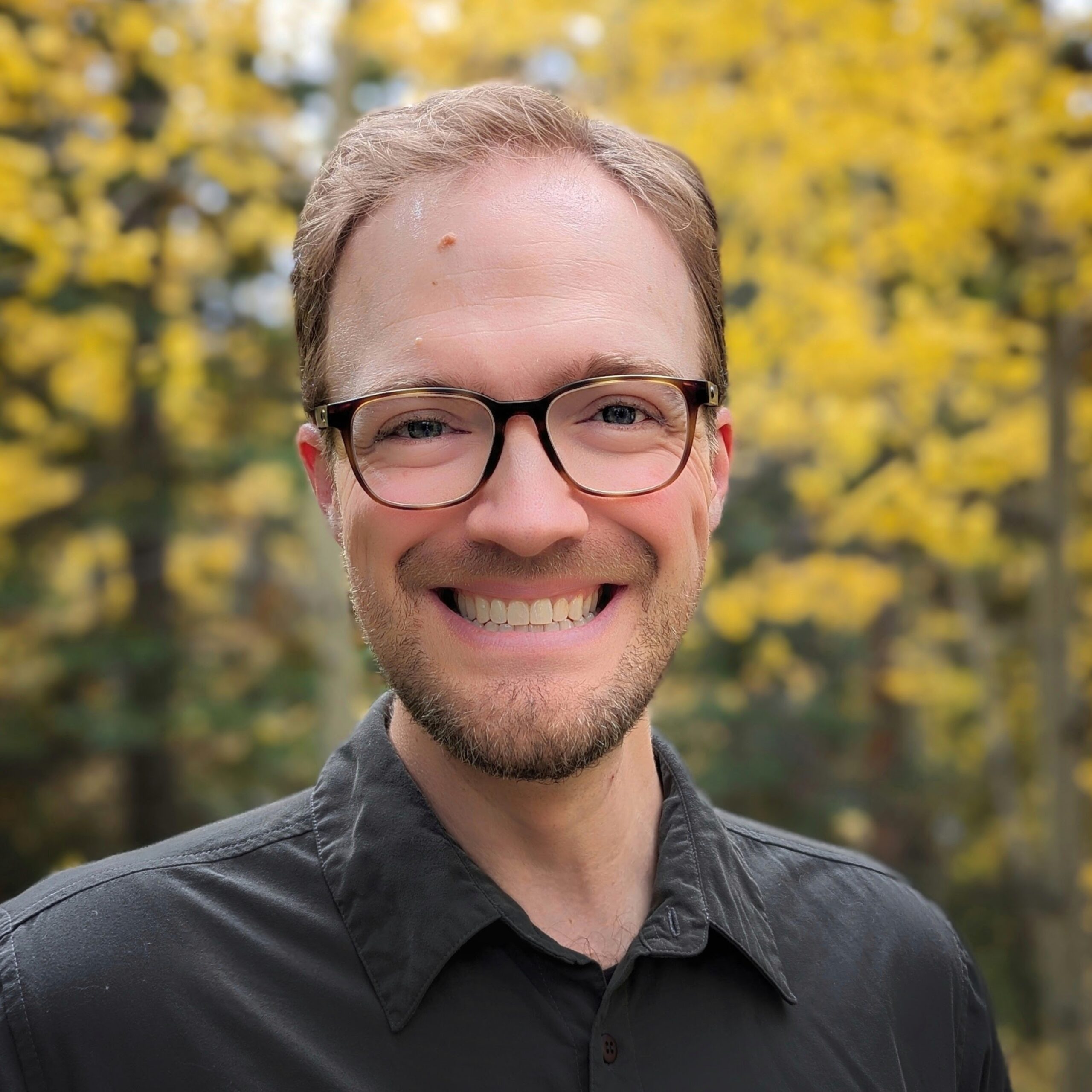Adaptative Facilitation Workshop
Keystone’s Adaptive Facilitation workshop is for those who want to leverage the wisdom and power of diverse groups to produce lasting solutions to complex questions.
Often the biggest questions require a combination of expertise, perspectives, resources, and authorities to resolve. Managing such conversations in a productive and respectful way requires balancing the complex, interrelated needs, values, and experiences of participants. This complexity benefits from a skilled facilitator who can focus on the context as much as the content of the exchange, on the interests that shape emotions, and on fostering the relationships necessary to support sustainable outcomes.
In this workshop, facilitation tools and techniques are underpinned with a solid grounding in theory, so workshop participants will know why they are effective and be able to select and apply them in differing situations. By the end of the workshop, participants should:
- Know when and under what circumstances a facilitative approach will be effective.
- Be able to plan a process from beginning to end that will build relationships and produce concrete outcomes.
- Feel practiced in the facilitative role and know the skills and traits of an effective facilitator.
- Have a range of facilitative tools and know when and how to apply them to accomplish well-defined goals.
- Understand ways to diagnose and respond productively to difficult situations and manage their own responses to conflict.
Location
The workshop will occur in-person at the Keystone Policy Center offices at 303 East 17th Avenue, Suite 400, Denver, CO 80203
Dates and Times
The in-person workshop will run from April 2nd – April 3rd, during the following times.
- Wed, April 2nd: 9:00am – 5:00pm
- Thu, April 3rd: 9:00am – 3:00pm
Registration
Click here to register for the Adaptive Facilitation Workshop.
Other workshops and trainings offered by Keystone
- Common Higher Ground: Collaborative decision-making in the real world is focused on helping leaders to frame their own needs persuasively and manage team conversations that build shared value and aim for collective action.
For more information about the Adaptive Facilitation workshop, or to inquire about scheduling a workshop in your area, contact Jonathan Geurts, jgeurts@keystone.org, (720) 295-9842.
About Keystone Policy Center
Keystone Policy Center is a trusted non-profit organization founded in 1975 to drive actionable, shared solutions to contentious agriculture, environment, energy, education, and public health issues. Keystone is recognized by public, private, and civic-sector leaders throughout the United States for independent, collaborative problem-solving approaches that offer a proven blueprint for progress and collective impact. Keystone’s trainers have tested theory with years of real-world experience building multi-sector collaboratives and facilitating public engagement.

Brad Sperber is a Senior Policy Director at Keystone Policy Center, providing expertise in collaborative decision-making — including facilitation, mediation, public and stakeholder engagement, and issue assessment — locally, regionally, nationally, and internationally. He has more than 20 years of experience designing and facilitating dialogue and research processes that assist public, civic, and private sector organizations in solving complex shared problems. His project experience spans public health and healthcare, education, human rights, agriculture, energy, and the environment. Clients include the Pacific Island Health Officers Association, the US Centers for Disease Control and Prevention, the Asian Development Bank, and the Louisiana Department of Education. He holds a M.Div from Harvard University and a B.A. in history and religion from St. Olaf College.

Jonathan Geurts is a Project Director at Keystone. His focus on public and private land management has connected agricultural supply chains – from farmer to retailer – on sustainability principles, engaged communities on joint needs for adjacent public lands, and helped land and water planners problem solve for a water scarce future. He holds a M.A. in conflict resolution from the University of Denver.
Readings and Resources
See what Brad and Jonathan are Reading
To download a free list of resources that our trainers have found the useful in understanding collaborative decision-making and facilitation, and sign up for notifications of future workshops, click the button below (please check your spam filter or any quarantine email folders after submitting request). If you do not receive the resource list, please contact Jonathan Geurts at jgeurts@keystone.org.


 Effective March 1, 2025, Thomas J. Vilsack, former United States Secretary of Agriculture and Governor of Iowa, became the first Chief Executive Officer for the World Food Prize Foundation. In this new role, Governor Vilsack is focusing on expanding the Foundation’s global network, and will further position the Foundation as a leader in addressing global food and nutrition insecurity, continuing his lifetime of public service.
Effective March 1, 2025, Thomas J. Vilsack, former United States Secretary of Agriculture and Governor of Iowa, became the first Chief Executive Officer for the World Food Prize Foundation. In this new role, Governor Vilsack is focusing on expanding the Foundation’s global network, and will further position the Foundation as a leader in addressing global food and nutrition insecurity, continuing his lifetime of public service. Shelby Coffey III is a distinguished journalist, media executive, and thought leader whose career has helped shape the landscape of American news and public discourse. Over several decades, Coffey has held some of the most influential roles in journalism, including serving as editor of the Los Angeles Times, executive vice president of ABC News, and deputy managing editor of The Washington Post. His editorial leadership extended to key roles as president of CNN Financial News, editor of the Dallas Times Herald, and U.S. News & World Report.
Shelby Coffey III is a distinguished journalist, media executive, and thought leader whose career has helped shape the landscape of American news and public discourse. Over several decades, Coffey has held some of the most influential roles in journalism, including serving as editor of the Los Angeles Times, executive vice president of ABC News, and deputy managing editor of The Washington Post. His editorial leadership extended to key roles as president of CNN Financial News, editor of the Dallas Times Herald, and U.S. News & World Report. Jerry Steiner has spent 40 years involved in agriculture following growing up on a Wisconsin dairy farm. He began his career with Monsanto, in multiple business leadership roles. From 2003-2013 he served as a member of the Executive team, as the company’s Executive Vice President of Sustainability and Corporate Affairs. He led the company’s global Government, Public and Industry Affairs teams across the 70 countries where Monsanto conducts business. This experience got Jerry connected to the Keystones centers work in agriculture. Key among his responsibilities were shaping the company’s public policy and building partnerships aimed at helping farmers around the world produce more food, while conserving valuable resources like water and energy. Two unique partnership that developed under his leadership were drought tolerant corn with 5 African countries, CIMMYT and the Gates foundation, and a building a sustainable business model in Brazil with the value chain leading to significant multi-company investment and soybean varieties that can protected themselves.
Jerry Steiner has spent 40 years involved in agriculture following growing up on a Wisconsin dairy farm. He began his career with Monsanto, in multiple business leadership roles. From 2003-2013 he served as a member of the Executive team, as the company’s Executive Vice President of Sustainability and Corporate Affairs. He led the company’s global Government, Public and Industry Affairs teams across the 70 countries where Monsanto conducts business. This experience got Jerry connected to the Keystones centers work in agriculture. Key among his responsibilities were shaping the company’s public policy and building partnerships aimed at helping farmers around the world produce more food, while conserving valuable resources like water and energy. Two unique partnership that developed under his leadership were drought tolerant corn with 5 African countries, CIMMYT and the Gates foundation, and a building a sustainable business model in Brazil with the value chain leading to significant multi-company investment and soybean varieties that can protected themselves. Jennifer Morris is the Chief Executive Officer of The Nature Conservancy, leading a team of nearly 6,000 staff working in more than 80 countries and territories tackling the dual crises of the
Jennifer Morris is the Chief Executive Officer of The Nature Conservancy, leading a team of nearly 6,000 staff working in more than 80 countries and territories tackling the dual crises of the  Congressman Joe Neguse represents Colorado’s 2nd District in the U.S. House of Representatives. He was elected to his first term in November 2018, becoming the first Black Member of Congress in Colorado history. In December 2022, Rep. Neguse was elected by his colleagues to serve as Chair of the Democratic Policy and Communications Committee (DPCC), becoming the first Coloradan to serve in a senior elected leadership role in the House in over 85 years. He serves on the Natural Resources and Judiciary Committees, and was also appointed by House Minority Leader Hakeem Jeffries to serve as one of four Democrats on the prestigious Rules Committee. Rep. Neguse serves as Ranking Member on the House Subcommittee on Federal Lands, which he previously Chaired in the 117th Congress.
Congressman Joe Neguse represents Colorado’s 2nd District in the U.S. House of Representatives. He was elected to his first term in November 2018, becoming the first Black Member of Congress in Colorado history. In December 2022, Rep. Neguse was elected by his colleagues to serve as Chair of the Democratic Policy and Communications Committee (DPCC), becoming the first Coloradan to serve in a senior elected leadership role in the House in over 85 years. He serves on the Natural Resources and Judiciary Committees, and was also appointed by House Minority Leader Hakeem Jeffries to serve as one of four Democrats on the prestigious Rules Committee. Rep. Neguse serves as Ranking Member on the House Subcommittee on Federal Lands, which he previously Chaired in the 117th Congress. Llewellyn King was born in Southern Rhodesia, now Zimbabwe. He went into journalism as soon as he turned 16, stringing for Time magazine and United Press in Africa.
Llewellyn King was born in Southern Rhodesia, now Zimbabwe. He went into journalism as soon as he turned 16, stringing for Time magazine and United Press in Africa. Steven Williams is the Chief Executive Officer of PepsiCo North America, overseeing a more than $48 billion business that spans PepsiCo’s Foods and Beverage operating units. His leadership encompasses more than 125,000 associates and over 900 locations across the U.S. and Canada. Steven joined PepsiCo in 2001 as part of PepsiCo’s acquisition of the Quaker Oats Company, which he joined in 1997, and has held leadership positions of increased responsibility since.
Steven Williams is the Chief Executive Officer of PepsiCo North America, overseeing a more than $48 billion business that spans PepsiCo’s Foods and Beverage operating units. His leadership encompasses more than 125,000 associates and over 900 locations across the U.S. and Canada. Steven joined PepsiCo in 2001 as part of PepsiCo’s acquisition of the Quaker Oats Company, which he joined in 1997, and has held leadership positions of increased responsibility since.